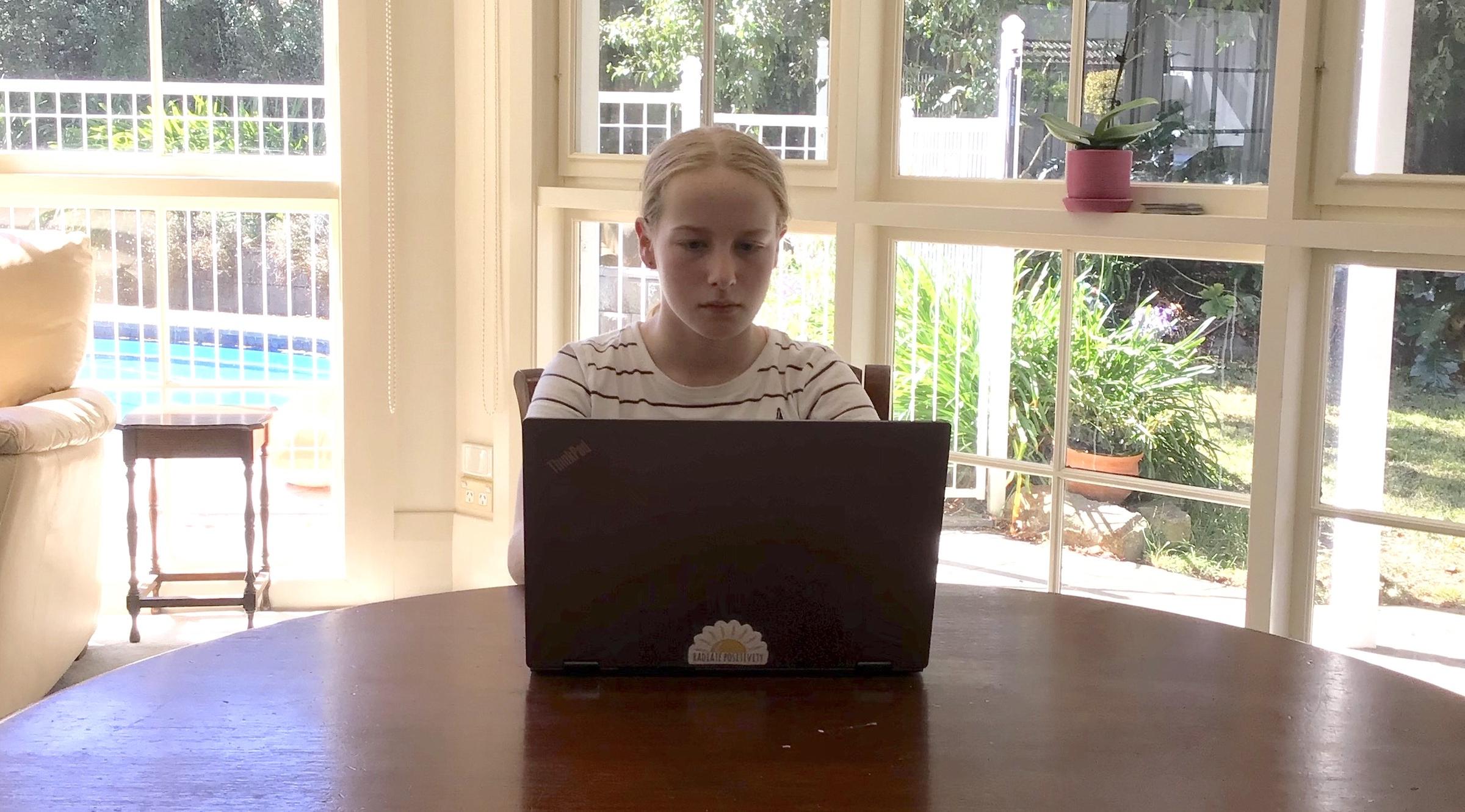Middle Years

I am reflecting on the last week and it has felt surreal, and the end of the term has come quicker than expected, amid the uncertainty surrounding the Covid-19 crisis. One thing is clear, we need to take small steps during this time. Our remote learning trial on Monday appeared to go well, and I hope myPEC students worked through their lessons during the day. Home learning routines are important, and students are adapting to the ‘new normal’. Country kids are well placed to use their own resources to keep themselves busy without relying on external things for entertainment.
Wellbeing tips: We need to be mindful of our wellbeing and here are three tips that may help students and families.
Increase gratitude. Be grateful for the good things in your life. Gratitude builds hope. Reflect on the good things and express gratitude to friends. It is our relationships with others that make life worthwhile. Be grateful for your own efforts.
Increase mindfulness. Here is a link to a new podcast that is also available on your phone.
https://www.abc.net.au/radio/programs/mindfully/soothe-an-anxious-mind/12069096
Start journaling. Writing is a perfect way to reduce stress and allows students to put things in perspective, it helps improve mood and allows us make sense of our inner world.
Several weeks ago, I found this article by Andrew Fuller, and I encourage all students and parents to read it, despite the current challenges this is a positive article.
https://www.generationnext.com.au/2020/01/set-yourself-up-for-a-great-year-2/
Summary - Andrew Fuller’s tips:
Challenge yourself
You are much, much smarter than you know. If you practise doing your best in life you will succeed because very few people ever practise doing their best. To do your best you have to get out of the habit of predicting that things won’t go well for you. If you look for what’s going to go wrong, you will always find it. If you look for what works, life just gets a lot easier.
Prepare yourself for learning
Thinking positive isn’t enough for successfully achieving goals. Implement ways to reduce distractions, at least for a few hours at a time, else learning will become a frustrating experience.
Get enough sleep
Getting enough sleep helps you to manage stress, stay happy and also increases your marks. You need at least 8 hours and sometimes as much as 9 and a quarter hours a night.
Do the most important things first
Get into the habit of being effective. Write a to-do list each week. Ask yourself the question, “What is the one thing I could do this week in each subject area that would improve my results?” Then do it.
Use your time well
If you can focus and listen well, you can save yourself endless hours. Teachers want their students to do well. Observe the things that they emphasise or repeat. Take notes of these things. It is a fair bet that these things will feature in tests and exams.
From little things big things grow
Do a little bit often. Succeeding at school can be easy if you do a little bit each day. The best learning occurs when you do repetitive interval training. This means do a little bit of practice every day. Interval training is especially powerful in subjects like maths and the sciences.
Focus and immerse yourself
For at least some time every day switch all forms of technology off and focus on whatever you’re studying. Don’t try to watch TV, listen to music or gaze at a screen at the same time as learning something. Technology is not going to be there in exam rooms, so you need to be practiced at performing without it.
Don’t try to predict the future
Most students are really bad at predicting how well they are going to do. In fact, they are hopeless at it. So don’t spend the year thinking how awful your results could be. Just do the most important things first and do them regularly.
Be curious
Think of someone you know who always seems to know interesting things- weird facts, strange occurrences, funny jokes, and whacky stories. Try to be one of these people. Look out for and learn things that are fun and interesting.
Play more
Get active, break out into a sweat now and then. Lack of blood flow is a common reason for lack of concentration. If you’ve been sitting in one place for a while, stand up and stretch or bounce one of your legs for a minute or two. It gets your blood flowing and sharpens both concentration and recall. Even if you are busy, three twenty-minute bursts of exercise a week makes a massive difference to your stress levels, happiness and sleeping.
Decide to be happy
Lots of people wait to be happy. They wait for the situation to be right. Or they wait for the right friends to show up. Some people spend their entire lives waiting to be happy. Decide to be happy now. Have a look at the things in your life you can feel lucky that you have. Appreciate the people who like you and love you. Make the most of the moment and seize the day.
I wish you all a safe break and look after each other over the coming weeks. Thank you to parents who have emailed me recently; I have appreciated your feedback, warmth and support. We are a strong community, we will face the current challenges head on, and we know that normal life will return. I am incredibly proud of our students, they are adapting and stepping up in the face of adversity.
References:
https://schooltv.me/wellbeing_news/special-report-coronavirus
